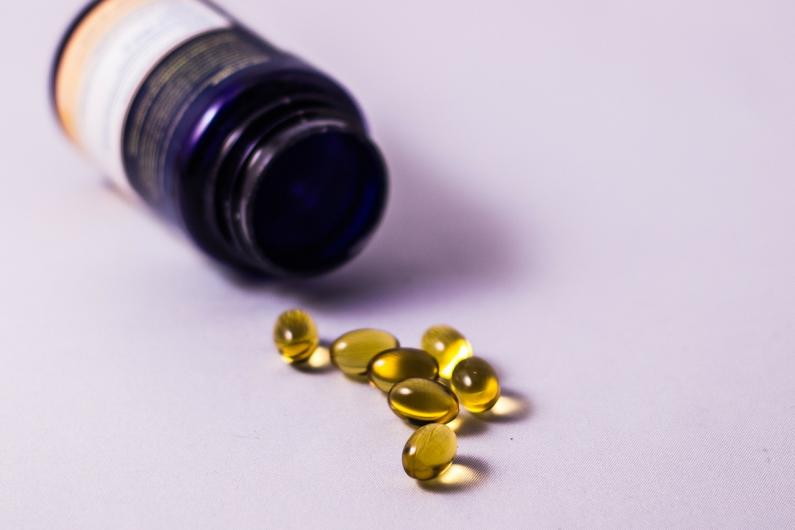
There are plenty of dieting, healthcare and nutritional trends. One we’re often asked about at Stay Well Clinic is Wholefood Supplements.
Wholefoods are pretty much what they sound like. Instead of adding synthetic nutrients made in a laboratory, wholefood supplements should be 100% concentrated and dehydrated foods.
The next time you’re buying multivitamins, check the label on the back of the container and see the list of ingredients. Wholefood supplements will list their food sources or say that they are 100% plant or animal based.
Synthetic supplements aren’t necessarily bad. Although, we have to say that not all supplements are equal and it’s important you know what you’re buying and putting into your body.
Whatever you eat goes through your intestines and is digested. We know that some minerals and supplements are more easily digested than others, which means you may not need to consume as much for your body to get the benefits.
In many cases, synthetic supplements and multivitamins may be close to chemically identical to their wholefood counterparts. Even so, your body may absorb them differently. For example, at least one study has shown that natural or ‘wholefood’ vitamin E was absorbed into the body twice as effectively as its synthetic counterpart.
Even if a label says ‘Wholefood Supplement,’ there are still questions you can ask to make sure that supplement is right for you:
If you’re not sure about any of these questions, we can help. Vitamins, minerals and supplements are all about filling the nutritional gaps most of us have in our diets. We may be feeling ok, but there is always room to feel better.
At Stay Well Clinic, we believe in complete transparency around our health and wellbeing plans. You are your own chief physician and you should have the final say about any substance you’re putting into your body. That’s why we only recommend quality supplements from trusted suppliers, wholefood or otherwise.
If you want to know more about wholefood supplements and putting together a health and wellbeing plan so you stay well all year around, book a time to see Stay Well Man Mark Webster today.

06 Apr
At this time when we’re talking about isolation and social distancing, I want to encourage you that it’s not the same as losing the emotional connection to other people. For your wellbeing, how are you staying connected?

15 Dec
What do you need to reach the next level? To overcome the next obstacle? To find a better, more healthy way of living? Have you heard of a health coach?
Don’t you just hate feeling like you’re stuck in traffic? You’re stuck on a long stretch of road, there are no turn-offs or off-ramps, and you feel like you’re going nowhere fast. Isn’t this the same sometimes with our health?
We’re told so much about food. What’s healthy, what’s good for us. There is so much information out there. New studies every month, it can get a bit confusing. Some of the experts in our industry who are meant to be telling us the ‘right’ or ‘healthy’ things to eat are sometimes dealing with corrupt information.
At this time when we’re talking about isolation and social distancing, I want to encourage you that it’s not the same as losing the emotional connection to other people. For your wellbeing, how are you staying connected?
Coming into winter, what’s your seatbelt of health? What added layer of protection do you need to prevent yourself from serious harm?